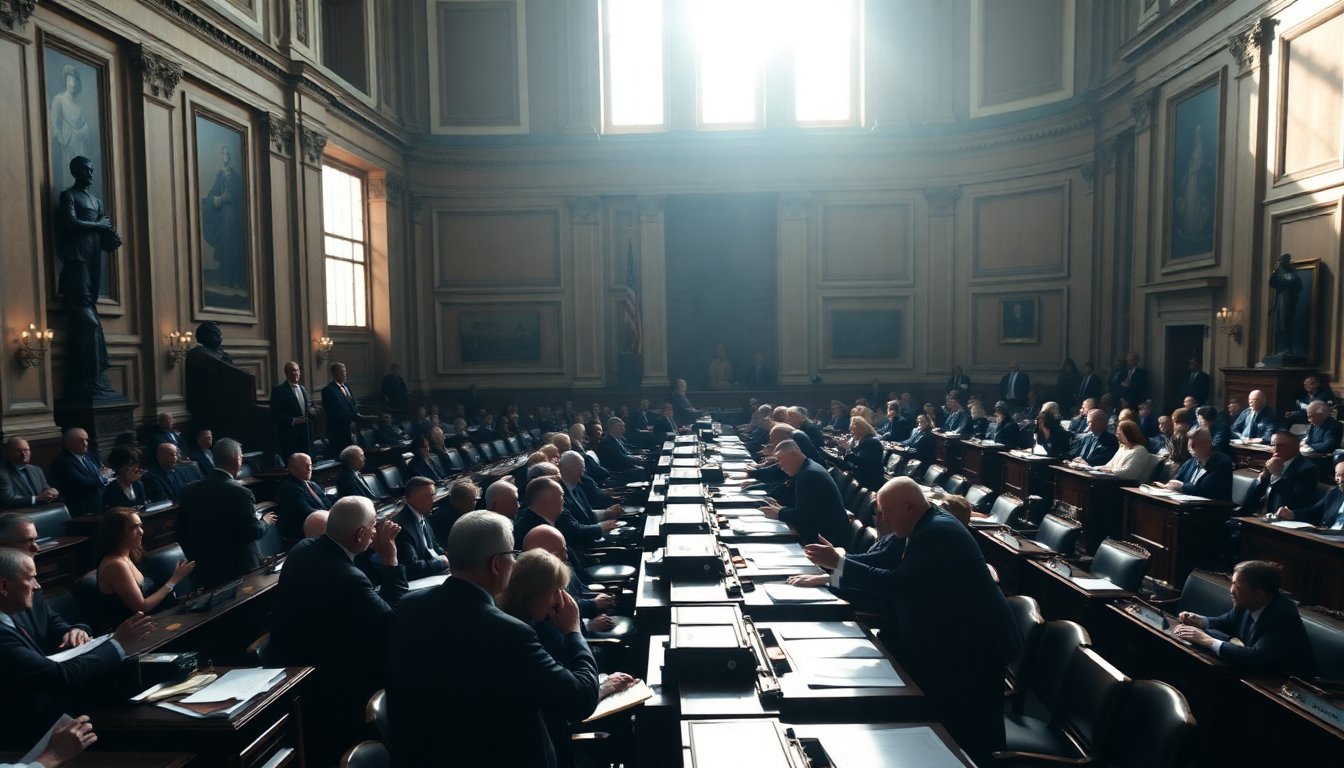Table of Contents
In a significant political moment, Congress has officially certified the election victory of Donald J. Trump. This event unfolded during a remarkably swift session led by Vice President Kamala Harris. The efficiency displayed during this session contrasts sharply with the tumultuous certification process from four years prior. This change reflects the current political climate and the lessons learned from past experiences.
The recent certification emphasizes a shift toward a more streamlined approach in Congress, highlighting the importance of orderly transitions in governance. As the nation moves forward, understanding the implications of this certification is crucial for both political analysts and citizens.
Understanding the certification process
The certification of an election is a crucial step in the democratic process. It serves as the final approval for electoral outcomes. Congress plays a vital role in this procedure, ensuring that every vote is accounted for and that the results reflect the will of the people. In this instance, Vice President Harris oversaw the proceedings, which were marked by a lack of contention among lawmakers.
The significance of a smooth transition
This year’s certification process stands in stark contrast to the previous one, which faced numerous challenges and dramatic interruptions. In 2021, the certification was marred by violence and protests, creating a chaotic atmosphere in Congress. However, this time, the session was characterized by a sense of unity and purpose, allowing members to focus on their legislative duties rather than conflict.
Political implications of Trump’s victory
With Trump’s victory now officially recognized, the implications for the political landscape are profound. Reactions from various political factions will set the tone for future legislative efforts and potential collaborations. Observers are keen to see how Trump’s administration will navigate the challenges ahead, particularly regarding bipartisan relationships and policy-making.
Reactions from lawmakers
Following the certification, reactions from Congress members varied widely. Some expressed relief at the smooth process, viewing it as a necessary step toward healing and collaboration in a divided political environment. Others remain skeptical, concerned about the potential consequences of Trump’s leadership style and policies on national unity.
The certification also raises questions about the future of the Republican Party and its direction under Trump’s influence. Will the party rally around his leadership, or will it seek to redefine itself in a post-Trump era? These questions linger as Congress moves forward with its responsibilities.
Looking ahead
The certification of Trump’s victory is not just a procedural formality; it signals a new chapter in American politics. As the nation grapples with pressing issues such as economic recovery, social justice, and international relations, the performance of Trump’s administration will be scrutinized. The effectiveness of his governance will be measured against his ability to unite a fragmented electorate and deliver on campaign promises.
Moreover, the political landscape will continue to evolve, influenced by public sentiment and grassroots movements. As citizens engage with their representatives and participate in the democratic process, the role of Congress in shaping the nation’s future becomes increasingly critical.
The certification of Donald Trump’s victory may have occurred without the drama of its predecessor, but it carries significant weight for the future of American democracy. The lessons learned from past experiences will shape the dialogue and actions of lawmakers as they navigate the complexities of governance in a rapidly changing world.


